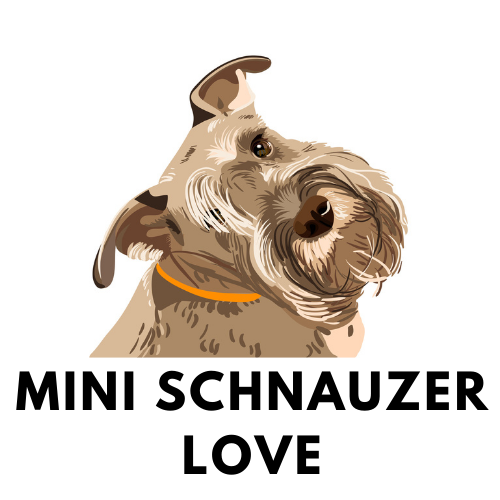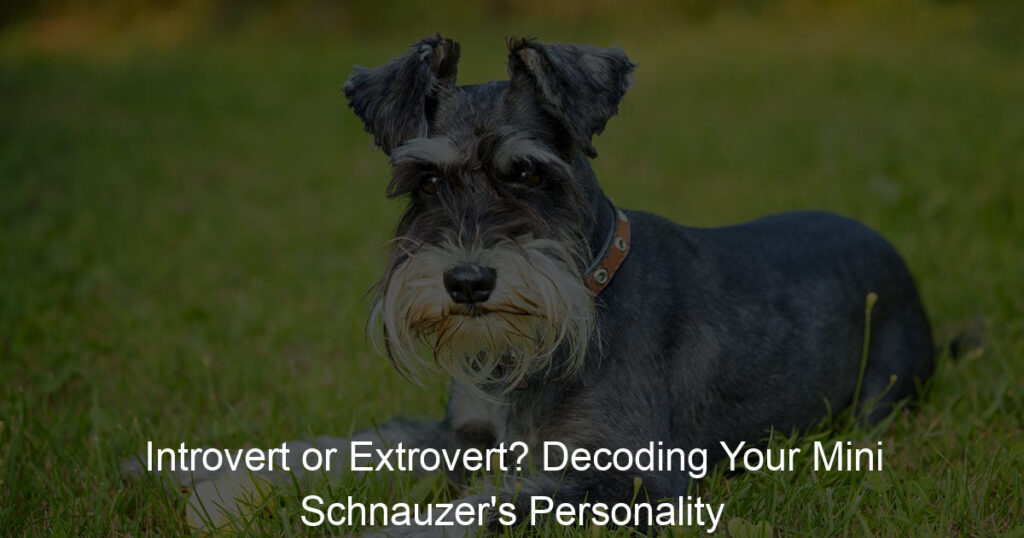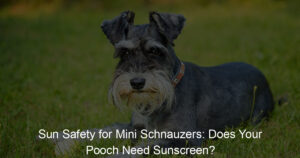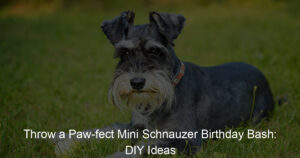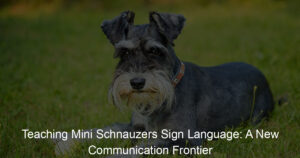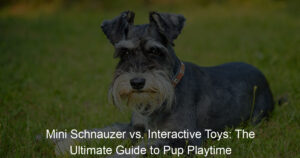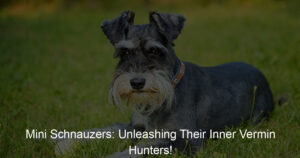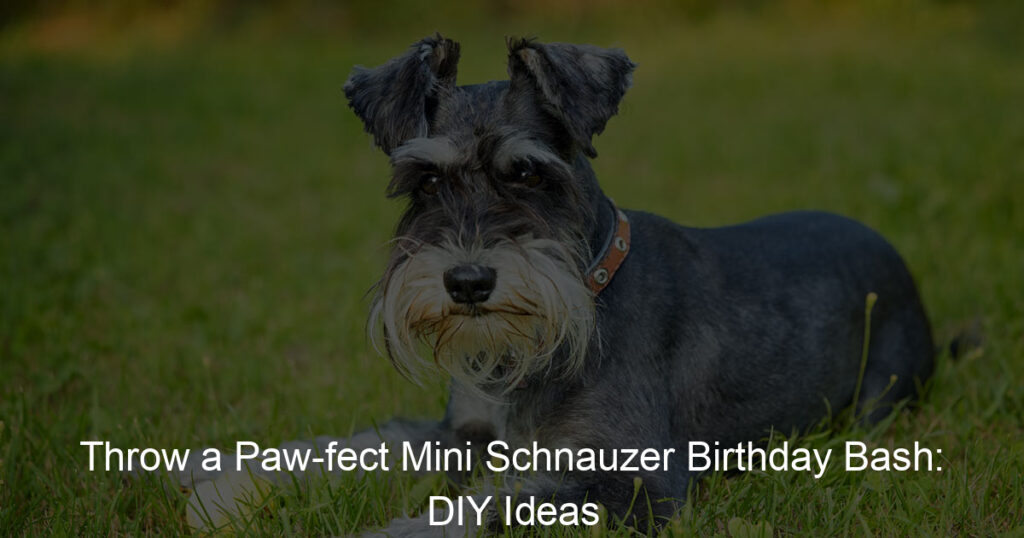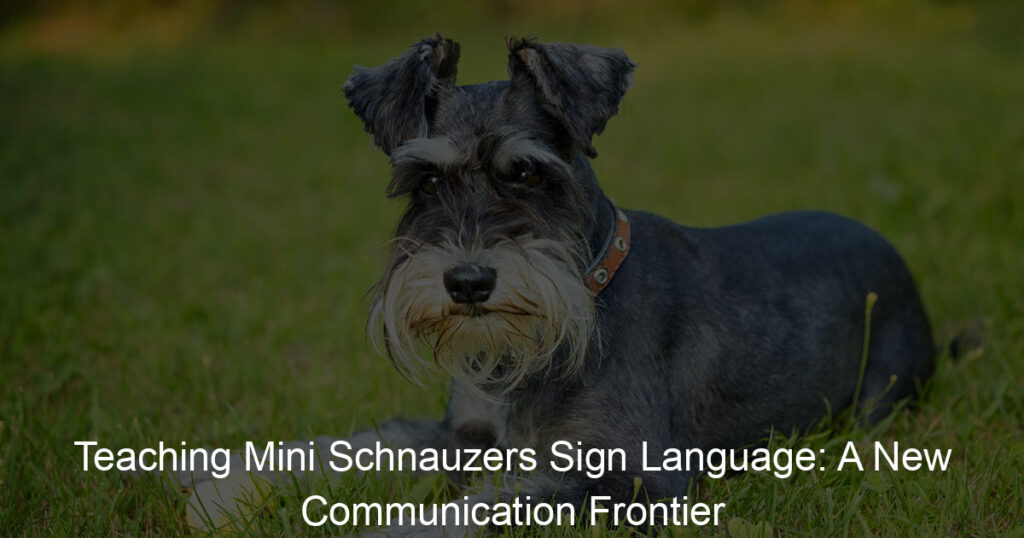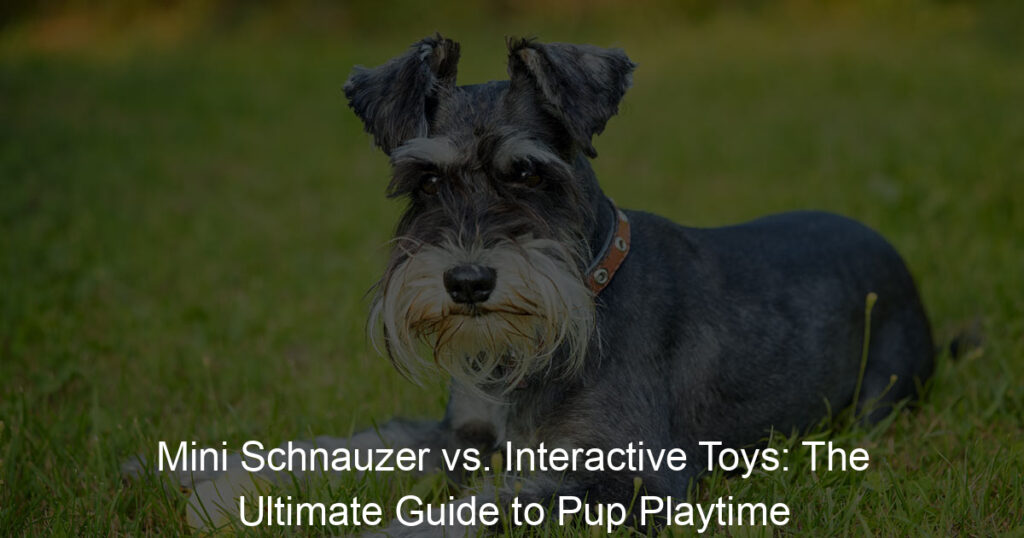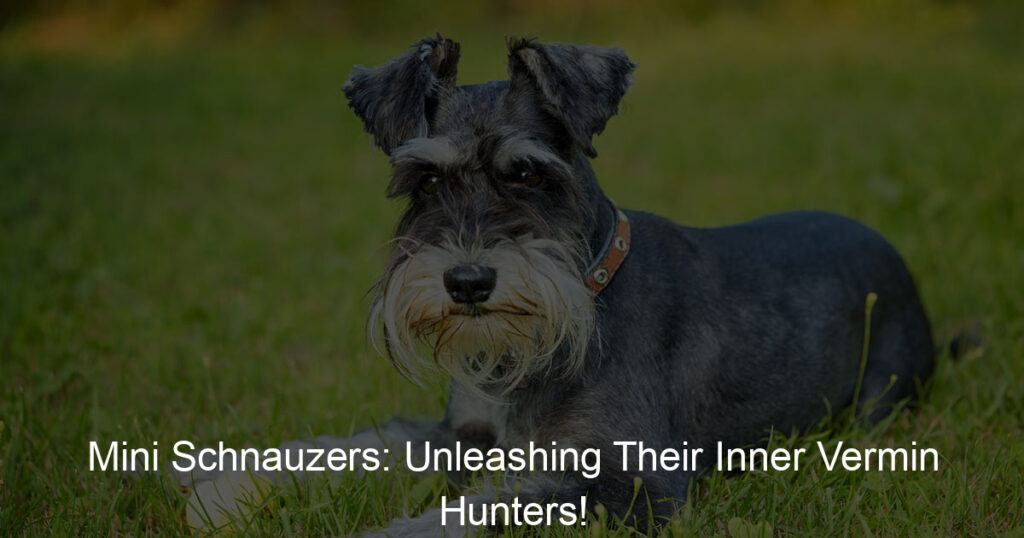
Understanding Dog Behavior: Introvert or Extrovert?
Just like humans, dogs have their unique personalities. Some are outgoing and love to be the center of attention, while others prefer a quiet corner with their favorite toy. Understanding your dog’s personality can help you provide the best care and environment for them. In this section, we will delve into the world of canine personalities, focusing on introvert and extrovert dogs.
- Introduction to canine personalities
- Defining introvert and extrovert dogs
Canine personalities can be as varied as human ones. Some dogs are naturally outgoing and sociable, while others are more reserved and prefer their own company. These traits can be influenced by a variety of factors, including breed, upbringing, and individual experiences. Understanding your dog’s personality can help you tailor your training methods, provide appropriate socialization opportunities, and ultimately build a stronger bond with your furry friend.
Introvert dogs, like introvert humans, are often more comfortable in quiet, low-stimulation environments. They may be less interested in socializing with other dogs or people and more content to spend time alone. This doesn’t mean they don’t love their human family – they just express it in a quieter way.
On the other hand, extrovert dogs thrive on interaction and activity. They love to be in the middle of the action, whether it’s a game of fetch in the park or a family gathering at home. They are often more energetic and require more exercise and mental stimulation to stay happy and healthy.
Remember, there’s no ‘better’ or ‘worse’ when it comes to introvert or extrovert dogs – just different. Each has its own unique charms and challenges. The most important thing is to understand and respect your dog’s individual personality, and provide the love and care they need to thrive.
Mini Schnauzer Personality: An Overview
Miniature Schnauzers, often referred to as Mini Schnauzers, are a breed of small dogs known for their distinctive appearance and vibrant personalities. In this section, we will delve into the general traits of Mini Schnauzer behavior and address some common misconceptions about their personality.
- General traits of Mini Schnauzer behavior
- Common misconceptions about Mini Schnauzer personality
Mini Schnauzers are known for their high energy levels and spirited demeanor. They are intelligent, quick learners, and are often described as having a ‘big dog’ personality packed into a small body. They are loyal to their families and are often protective, which can make them excellent watchdogs. Despite their small size, they are not shy or timid, but rather, they are bold and adventurous.
These dogs are also known for their love of play. They enjoy both physical and mental stimulation, which means they thrive in environments where they can engage in activities like fetch, puzzle games, and agility training. They also have a strong sense of curiosity, which can sometimes lead them into mischief if they are not properly supervised.
One common misconception about Mini Schnauzers is that they are aggressive. While they can be protective and may bark at strangers or other dogs, this does not mean they are inherently aggressive. Rather, they are alert and vigilant, traits that can be managed with proper training and socialization.
Another misconception is that Mini Schnauzers are not good with children or other pets. In reality, they can get along well with both, provided they are introduced properly and treated with respect. Like any breed, individual dogs may have different temperaments, but generally, Mini Schnauzers are known to be good family pets.
Lastly, some people believe that Mini Schnauzers are high maintenance due to their distinctive coat. While it’s true that they require regular grooming to keep their fur looking its best, they are actually a low-shedding breed, which can make them a good choice for people with allergies.
In conclusion, Mini Schnauzers are energetic, intelligent, and loyal dogs with a big personality. They can make excellent family pets when given the right training, socialization, and care. It’s important to remember that every dog is an individual, and while breed traits can give us a general idea of what to expect, the personality of each Mini Schnauzer can vary.
Identifying an Introvert Mini Schnauzer
Just like humans, Mini Schnauzers have different personalities. Some are outgoing and love to be the center of attention, while others are more reserved and prefer quiet environments. These quieter, more reserved Mini Schnauzers are often referred to as introverts. Identifying an introvert Mini Schnauzer can help you understand their needs and provide them with a comfortable and happy life.
- Signs of an Introvert Mini Schnauzer
- Preference for solitude: Introvert Mini Schnauzers often prefer to spend time alone rather than in the company of other dogs or people. They may retreat to a quiet corner of the house or yard when there are too many people or animals around.
- Reserved behavior: These dogs may be less likely to initiate play or interaction with others. They may also be less enthusiastic about meeting new people or dogs.
- Sensitivity to noise and chaos: Introvert Mini Schnauzers may be more sensitive to loud noises and chaotic environments. They may appear anxious or stressed in such situations.
- Case Study: Living with an Introvert Mini Schnauzer
Introvert Mini Schnauzers may exhibit certain behaviors that set them apart from their extrovert counterparts. Here are some signs to look out for:
Consider the case of Bella, a Mini Schnauzer who displayed all the signs of being an introvert. Bella’s owner noticed that she preferred to spend time alone, often retreating to her bed when visitors came over. She was also less likely to initiate play with other dogs during walks and seemed to be more comfortable in quiet environments.
Recognizing these traits, Bella’s owner made some adjustments to accommodate her needs. They started scheduling walks during quieter times of the day and created a safe, quiet space at home where Bella could retreat when she needed solitude. They also ensured that Bella was not forced into social situations that made her uncomfortable.
The result? Bella became more relaxed and appeared happier. This case study shows that understanding and accommodating an introvert Mini Schnauzer’s needs can significantly improve their quality of life.
In conclusion, identifying an introvert Mini Schnauzer involves observing their behavior and preferences. Once identified, it’s important to make necessary adjustments to their environment and routine to ensure they feel comfortable and secure. Remember, every Mini Schnauzer is unique and deserves to be understood and loved for who they are.
Identifying an Extrovert Mini Schnauzer
Extrovert Mini Schnauzers are a joy to be around, full of energy and always ready for the next adventure. But how can you tell if your Mini Schnauzer is an extrovert? Let’s explore some signs and share a case study to help you identify an extrovert Mini Schnauzer.
- Signs of an extrovert Mini Schnauzer
- They are always ready to play and seem to have endless energy.
- They enjoy meeting new people and dogs.
- They are not shy about expressing their feelings, whether it’s excitement, happiness, or frustration.
- They are comfortable in new environments and quickly adapt to changes.
- Case study: Living with an extrovert Mini Schnauzer
Extrovert Mini Schnauzers are typically very active and energetic. They love to be the center of attention and are always eager to play and interact with others. Here are some signs that your Mini Schnauzer might be an extrovert:
Remember, these are general signs and each dog is unique. It’s always best to observe your Mini Schnauzer’s behavior over time to understand their personality better.
Meet Max, a three-year-old extrovert Mini Schnauzer. Max’s owner, Sarah, shares her experience living with an extrovert Mini Schnauzer.
“Max is always the life of the party. He loves meeting new people and dogs, and he’s always ready to play. He’s not shy about expressing his feelings, and he quickly adapts to new environments. Living with Max is a joy, but it also requires a lot of energy. We make sure to provide him with plenty of playtime and social interaction to keep him happy and healthy.”
Max’s story is a great example of what it’s like to live with an extrovert Mini Schnauzer. They are energetic, sociable, and expressive, making them a great companion for active individuals or families.
In conclusion, identifying an extrovert Mini Schnauzer involves observing their behavior and interactions. They are typically energetic, sociable, and expressive. However, remember that each Mini Schnauzer is unique and may not fit perfectly into the ‘extrovert’ or ‘introvert’ category. It’s always best to understand your Mini Schnauzer’s individual personality and needs.
Understanding Dog Behavior: The Science Behind It
When it comes to understanding dog behavior, there are two key factors that play a significant role: genetics and environment. Let’s delve into these aspects to better understand our furry friends, particularly the Mini Schnauzer breed.
- Genetics and Dog Personality Traits
Genetics play a crucial role in shaping a dog’s personality traits. Just like humans, dogs inherit certain characteristics from their parents. These traits can include everything from their physical appearance to their temperament and behavior.
For instance, a study conducted by the University of Helsinki found that certain dog breeds are more likely to exhibit specific behaviors. Retrievers, for example, are known for their friendly and outgoing nature, while German Shepherds are often more protective and alert.
However, it’s important to remember that while genetics can influence a dog’s behavior, it doesn’t determine it entirely. Other factors, such as the dog’s environment and upbringing, can also play a significant role.
- Environment and its Impact on Mini Schnauzer Behavior
The environment in which a dog is raised can significantly influence its behavior. This is particularly true for Mini Schnauzers. These dogs are known for their lively and spirited nature, but their behavior can vary depending on their surroundings.
For example, a Mini Schnauzer raised in a calm and quiet environment might be more reserved, while one raised in a bustling and energetic household might be more outgoing. Similarly, a Mini Schnauzer that has been socialized with other dogs from a young age is likely to be more comfortable around other animals.
It’s also worth noting that Mini Schnauzers, like all dogs, are highly sensitive to their owners’ emotions. If you’re stressed or upset, your Mini Schnauzer is likely to pick up on these feelings and may become anxious or agitated as a result.
In conclusion, understanding your dog’s behavior involves a combination of recognizing their genetic traits and considering the impact of their environment. By doing so, you can better understand your Mini Schnauzer’s behavior and create a nurturing environment for them to thrive.
How to Nurture an Introvert Mini Schnauzer
Introvert Mini Schnauzers are unique and require a different approach to nurturing. They are often misunderstood due to their quiet and reserved nature. However, with the right care and training, these dogs can thrive and show their true potential.
Training Tips for Introvert Dogs
Training an introverted Mini Schnauzer can be a rewarding experience. It requires patience, understanding, and a tailored approach. Here are some tips to help you along the way:
- Creating a safe and comfortable environment: Introvert Mini Schnauzers need a safe space where they can retreat and relax. This could be a quiet corner of your home with a comfortable bed and their favorite toys. A calm and predictable environment can help reduce their anxiety and make them feel more secure.
- Training techniques for introvert dogs: Introverted dogs respond best to positive reinforcement techniques. This means rewarding good behavior with treats, praise, or play. Avoid harsh corrections as they can cause stress and anxiety. Instead, focus on building a strong bond of trust with your dog. Remember, patience is key when training an introverted dog.
Understanding and nurturing an introverted Mini Schnauzer can be a rewarding journey. With patience, love, and the right training techniques, your introverted Mini Schnauzer can grow into a confident and happy dog.
Remember, every dog is unique and what works for one may not work for another. Always be patient and understanding with your Mini Schnauzer and celebrate their individuality.
Canine Behavior Understanding: Key Takeaways
Understanding your Mini Schnauzer’s behavior is the first step to nurturing them effectively. Remember, introverted dogs are not ‘broken’ or ‘problematic’. They simply have a different way of interacting with the world. With love, patience, and understanding, your introverted Mini Schnauzer can thrive.
How to Nurture an Extrovert Mini Schnauzer
Extroverted Mini Schnauzers are lively, outgoing, and love to be in the limelight. They thrive on social interaction and can become bored or anxious if left alone for long periods. Here are some tips on how to nurture your extroverted Mini Schnauzer and ensure they are happy, healthy, and well-adjusted.
Training Tips for Extrovert Dogs
Training an extroverted Mini Schnauzer can be a fun and rewarding experience. These dogs are eager to please and love to learn new things. However, their high energy levels and need for social interaction can sometimes make training a challenge. Here are some tips to help you train your extroverted Mini Schnauzer effectively:
- Providing ample socialization opportunities: Extroverted Mini Schnauzers love to interact with people and other animals. Regularly taking your dog to parks, doggy daycare, or arranging playdates with other dogs can provide them with the social stimulation they crave. This not only keeps them happy but also helps them learn important social skills.
- Training techniques for extrovert dogs: Extroverted dogs respond well to positive reinforcement training methods. This involves rewarding your dog for good behavior, which encourages them to repeat it. Try using treats, praise, or toys as rewards. Remember to keep training sessions short and fun to hold your dog’s attention. Also, incorporating training into playtime can make learning new commands more enjoyable for your extroverted Mini Schnauzer.
In conclusion, nurturing an extroverted Mini Schnauzer requires understanding their need for social interaction and using positive reinforcement training techniques. With patience and consistency, you can help your extroverted Mini Schnauzer become a well-behaved and happy member of your family.
Canine Behavior Understanding: Key Takeaways
As we conclude our exploration of canine behavior, particularly focusing on Mini Schnauzers, we have learned a lot about their personality traits, the role of genetics and environment, and how to train them effectively. Let’s recap the key insights:
- Recognizing the signs of introvert and extrovert behaviors in Mini Schnauzers
- Understanding the impact of genetics and environment on dog personality traits
- Applying effective training techniques based on your Mini Schnauzer’s personality
Introverted Mini Schnauzers often prefer calm environments and may be more reserved in social situations. They may also need more time to warm up to new experiences. On the other hand, extroverted Mini Schnauzers are typically outgoing, energetic, and enjoy being the center of attention. They are more likely to approach new experiences with enthusiasm.
Genetics play a significant role in determining a dog’s personality. For instance, Mini Schnauzers are naturally intelligent and spirited. However, their environment and upbringing can also shape their behavior. A dog raised in a nurturing environment is likely to be more confident and sociable, while one raised in a stressful environment may exhibit signs of anxiety or aggression.
Understanding your Mini Schnauzer’s personality can help you tailor your training techniques to their needs. For example, an introverted Mini Schnauzer may respond well to gentle, patient training methods, while an extroverted Mini Schnauzer might need more energetic and engaging training sessions. Remember, positive reinforcement is key in any training regimen.
By understanding these key takeaways, you can better understand your Mini Schnauzer’s behavior and provide them with the care and training they need to thrive.
